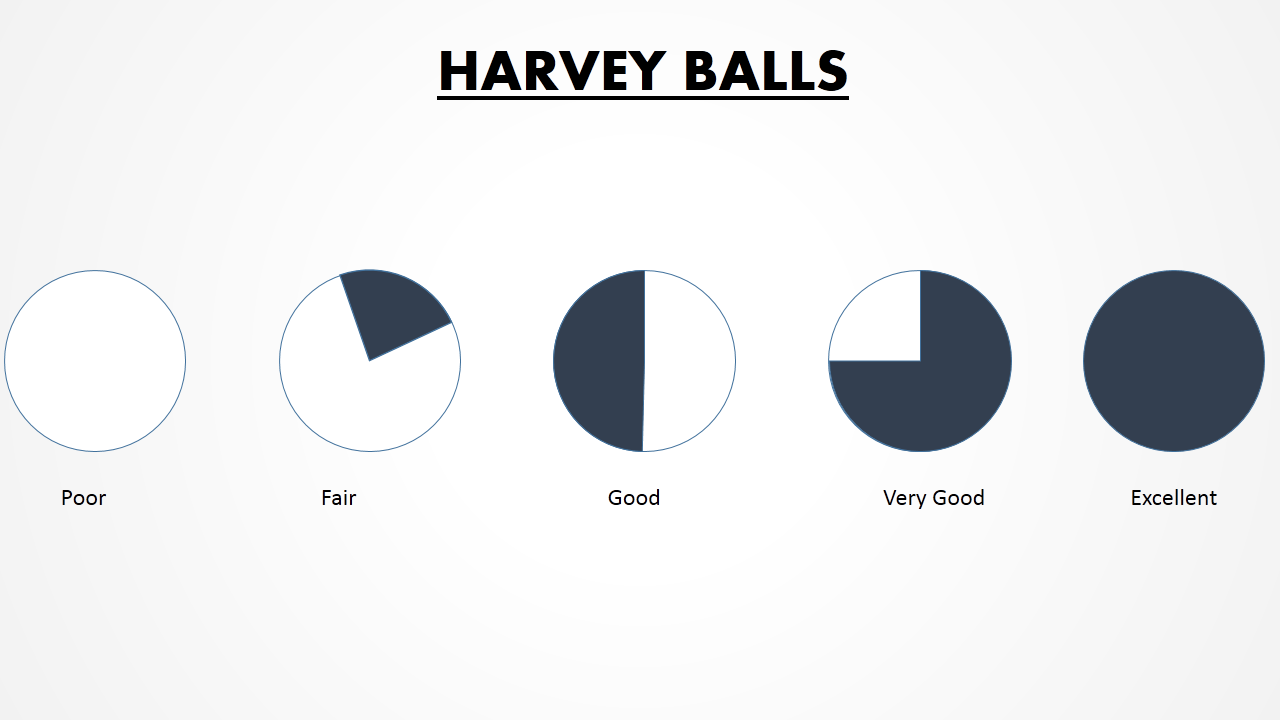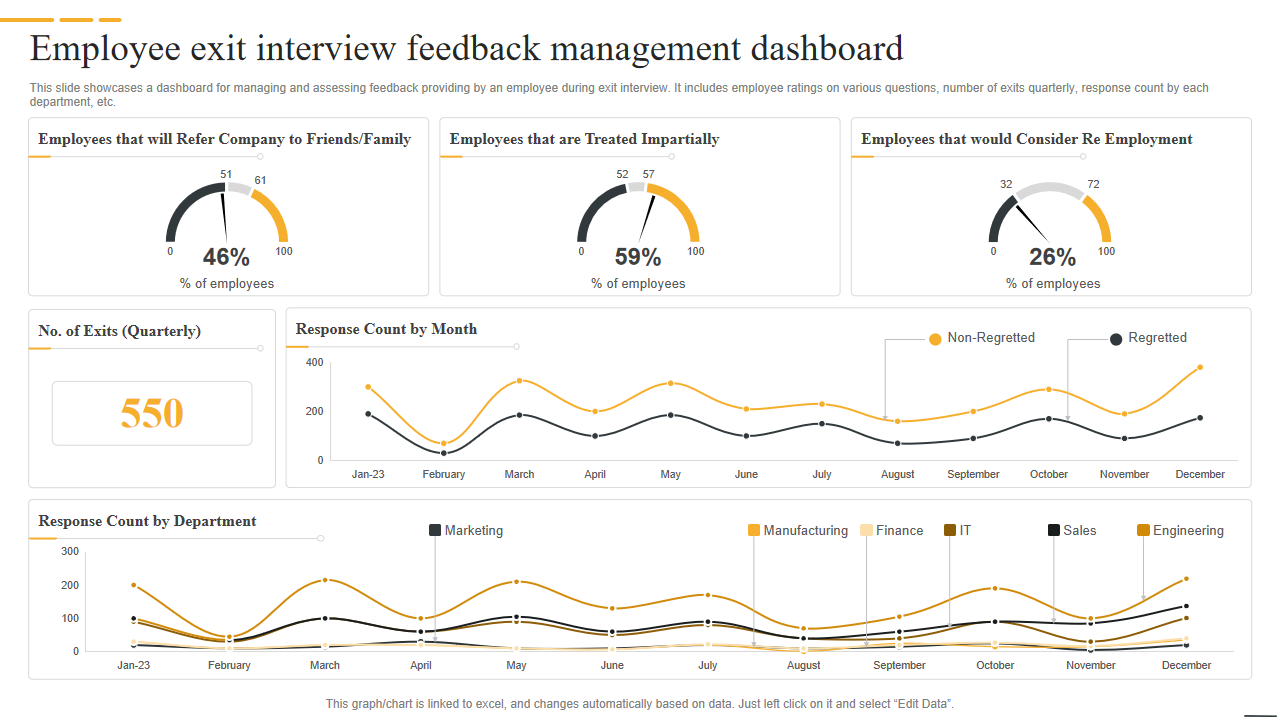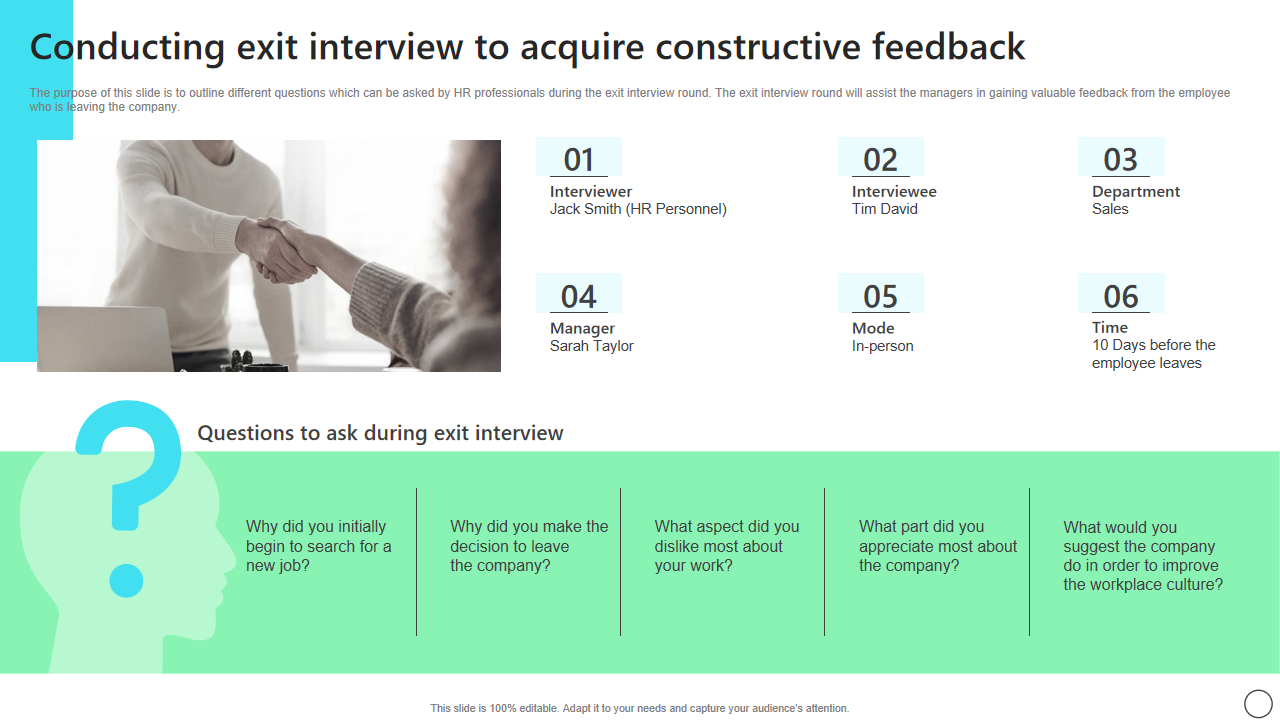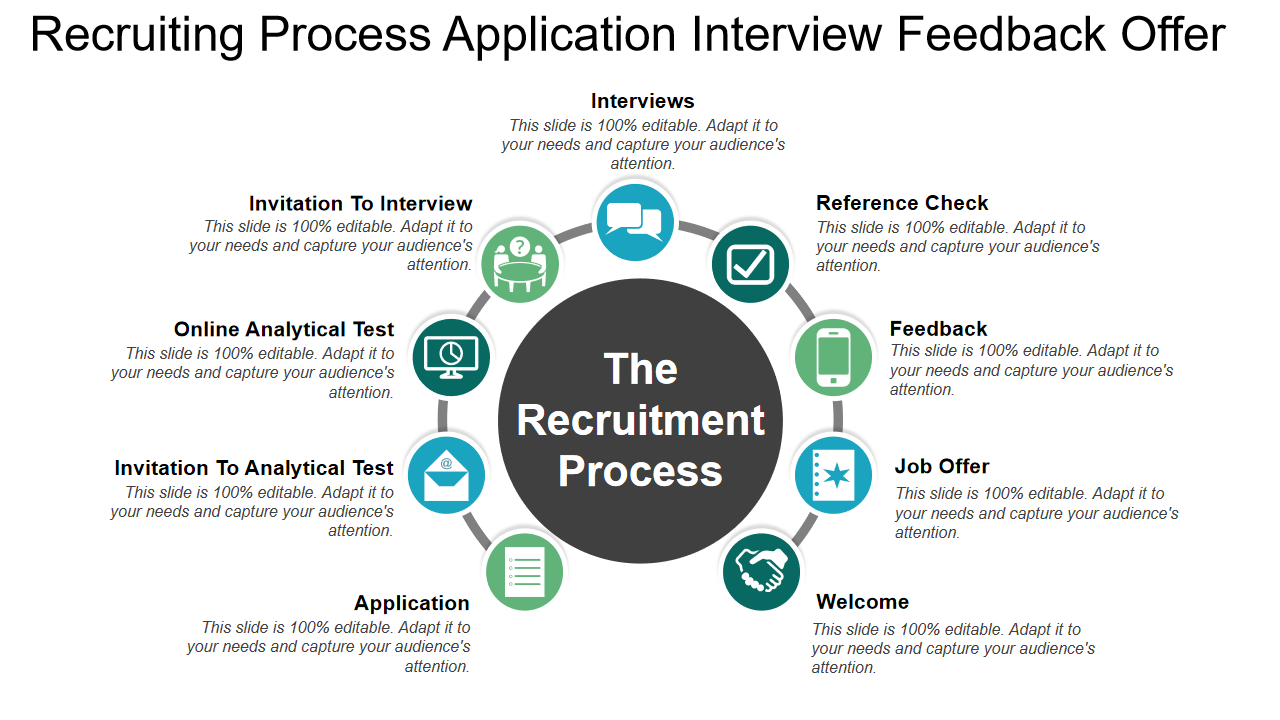Here’s a stark reality: A recruiter spends only six seconds on average scanning a resume in an interview. Yes, just six!
Most people wonder, "How can I make an impact in such a short time, or how did I perform in the interview?" That's where we step in, with tried-and-tested templates to make those six seconds count.
How?
In the competitive job market, nailing that interview is crucial. But what comes after the interview is equally important. With SlideTeam’s Interview Feedback Templates, you can jot down your thoughts, impressions, and suggestions in an organized and constructive manner that helps you remember all the essential details.
And they're not just for job seekers. If you're on the other side of the table, conducting interviews, these templates streamline your feedback process. No more scribbling notes on uncountable pieces of paper! Whether it's assessing the interviewee’s communication skills, qualifications, technical knowledge, or overall fit, these templates are your reference check. They save you time and ensure your feedback is fair and consistent.
Efficiency IN; Redundancy OUT. Make every interaction count with the help of the questionnaire mastery showcased in our Must-Have Interview Questionnaire Templates!
Templates that Scream Constructive Feedback!
So, don't underestimate the power of our Interview Feedback Templates, whether you're aiming to ace your upcoming interview or conducting one. They're the secret sauce to career growth and hiring success.
Plus, offering 100% customization, these PPT Themes are the epitome of flexibility and originality. They allow you to modify the content to align perfectly with your objectives and effectively convey your message.
Let’s get started!
How’s your resume coming along? Find out with our brilliantly crafted Top 10 Interview Guide Templates!
Template 1: Employee Exit Interview Feedback Management Dashboard
This set of slides offers an elaborate view of employee feedback collected during exit interviews. It includes insightful data such as response counts by month, response count by each department, number of exits quarterly, department-wise feedback distribution, and the crucial aspect of impartial treatment. With this one, you can efficiently manage and assess exit interview feedback to make informed HR decisions.
Template 2: Conducting Exit Interview To Acquire Constructive Feedback Template
In this set of six stages, we empower HR professionals with a detailed list of questions to ask during exit interviews. These interviews provide valuable insights that help managers and organizations improve staff retention strategies. With sections dedicated to interviewer, interviewee, manager, mode, time of the interview, and department, this template is your go-to resource for enhancing your presentation skills and acquiring constructive feedback. Don’t miss out on this game-changer!
Template 3: Recruiting Process Application Interview Feedback Offer
This PPT graphic is your guiding light through each stage of the recruitment process: planning, strategy development, searching, screening, evaluation, and control. Dive into the details, showcasing the recruitment process feedback system and emphasizing the shortlisting, selection, and appointment of the perfect candidates. This recruitment model PPT layout lets you elaborate on job specifications, skills, qualifications, and experience requirements.
Transforming the Chaos of Interviews into Organized Reflections!
In the fast-paced world of recruitment, where every decision counts, interview feedback templates are your golden ticket for building your dream team. They let you dissect your interview performance, savoring the sweet taste of success or plotting your comeback with precision.
And if you're the one holding the interviews, these templates are your silent partners. No more fumbling with notes or struggling to recall that one standout candidate. These templates ensure your feedback is sharp, fair, and consistent, giving every interviewee a fair shot.
"It's time to see your potential from all sides. Start your 360-degree feedback journey with SlideTeam’s Top 5 360 Feedback Templates!
FAQs on Interview Feedback
What is the feedback form in an interview?
An interview feedback form is a document used to assess an interview candidate's performance. The interviewer fills it out after the interview has taken place. The feedback form will include general questions like the candidate's skills, experience, knowledge, and suitability for the role.
The interviewer will also provide feedback on the candidate's overall performance, including their communication skills, enthusiasm, and professionalism. It is basically a reference check to help the employer make a hiring decision. Other elements, such as the candidate's resume, cover letter, and references, should also be considered.
Enlisted are some examples of questions that might be included on an interview feedback form:
- What were the candidate's strengths and weaknesses?
- Did the candidate have the skills and experience necessary for the role?
- Was the candidate knowledgeable about the company and the role?
- Did the candidate communicate effectively?
- Was the candidate enthusiastic and professional?
- Would you recommend this candidate for the role?
- The feedback form should be completed as soon as possible after the interview so that the interviewer's memory of the candidate remains fresh. The feedback should be specific, honest, and focused on the candidate's performance, not personality.
How do you write feedback for an interview?
You should follow these steps to write feedback for an interview:
- Start by summarizing your overall impression of the candidate. This should include a brief overview of their strengths and weaknesses and your overall assessment of their fit for the role.
- Provide specific examples to support your feedback. For example, if you say that the candidate was a good communicator, you should provide an example of a time when they demonstrated good communication skills.
- Be honest and constructive. The feedback should be accurate, helpful, justified, and focused on the candidate's performance, not their personality.
- Be specific and actionable. The feedback should be specific enough to be helpful and actionable so that the candidate can use it to improve their interviewing skills in the future.
A well-written interview feedback statement must contain the following elements:
- Strengths:
-
- Overall impression: Includes personality traits and basic industry-based knowledge
- Strengths: It may mention a candidate’s – communication skills, knowledge of the role and the company, behavior & attitude.
- Weaknesses: The candidate may provide more specific examples of their experience in certain areas.
- Recommendations: In this section, the interviewer could fill in the opinions and recommendations about the candidate for the role. It may mention the reasons, theories, skills, and experience necessary for the job and how the candidate would be a valuable asset to the team.
- Maintain transparency: It is also important to remember that feedback is a two-way street. If you are giving feedback to a candidate, be sure also to allow them to ask you questions and provide their end of the story. This helps create a more open and productive dialogue.
Why is interview feedback important?
Interview feedback is crucial because it serves several essential purposes:
- Personal Growth: For job seekers, feedback provides valuable insights into their interview performance. It highlights strengths to build on and weaknesses to address, fostering personal and professional growth.
- Skill Enhancement: Feedback helps individuals identify areas they may need to improve. Knowing what to work on is vital for development, whether it's communication skills, technical knowledge, or behavioral traits.
- Confidence Boost: Constructive feedback can boost an applicant's confidence. Knowing what they did well in an interview reinforces their strengths, making them more self-assured in future interviews.
- Continuous Improvement: Hiring professionals benefit from interview feedback as well. It enables them to fine-tune their assessment methods and questions, enhancing the quality of candidate evaluation.
- Fairness and Consistency: Feedback ensures fairness and consistency in the hiring process. It provides interviewers with a structured way to evaluate candidates, reducing the risk of bias.
- Better Decision-Making: Interview feedback plays a significant role in hiring decisions. It helps organizations make informed choices by providing a comprehensive view of each candidate's performance.
- Enhanced Candidate Experience: Giving feedback demonstrates professionalism and respect for candidates. It leaves them with a positive impression of the company, even if they didn't get the job.





 Customer Reviews
Customer Reviews




















